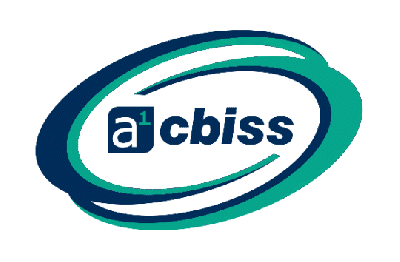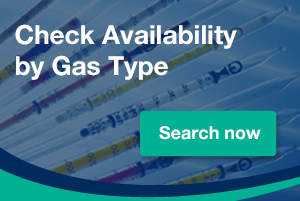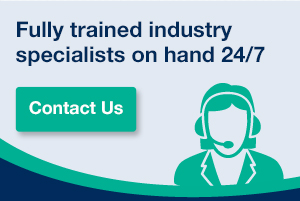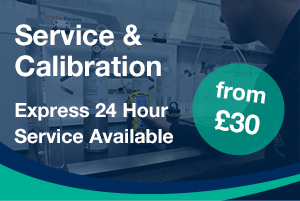
Overview
Discover how a1-cbiss save a paint shop thousands of pounds on their compressed air testing whilst protecting their paint sprayers.
The Introduction
Paint booths or paint shops as they’re sometimes known, are areas that are often an enclosed space used to perform intricate paint jobs on metal works, aircraft, motor vehicles, ships and machinery.
Our client contacted us that use heavy paints in large volumes at any one time. Previously, they were concerned with their paint sprayers damaging their health from exposure to the hazardous chemicals. The high levels may exceed the Workplace Exposure Limits (WELs), as stipulated in the EH40 guidelines.
Paint is highly dangerous to spray painters as it produces exceptional levels of Volatile Organic Compounds (VOCs) during a process called ‘off-gassing’. When sprayers are working within an enclosed space, the risks increase considerably.
The strong smells in paint are the noxious fumes. If a sprayer has been exposed to these fumes, he/she may experience anything from headaches or dizziness to nausea and fatigue. More severe symptoms may cause breathing difficulties. Prolonged exposure can result in issues linked to the kidneys, liver, and brain.
The Problem
To prevent exposure to these nasty and harmful fumes, we informed the owner that it is the responsibility of the employer to protect their sprayers with adequate respiratory equipment. Clean breathing is essential when working in paint spraying.
At the time, we recommended that a respirator must be worn. The most protective type of respirator is a supplied air respirator with P3 filter.
Paint sprayers are required to wear air fed respirators that will provide them with a continuous stream of safe to breathe air. This air is supplied via sample line or tube from a breathing air compressor.
The compressor normally pulls air from outside, filters it and delivers it to the respirator. However, it’s not enough to assume that this is always safe. From time to time, contaminants (oil, carbon monoxide or water droplets) may get into the compressed breathing airline. These have the potentially to be highly dangerous to those breathing in the air.
To prevent the breathing air supply becoming contaminated, the compressed airline needs to be tested every 3 months in with EN12021.
The EN12021 regulation has been implemented under the COSHH regulations to ensure that tests are regularly completed to protect spray painters. It should also be referred to as a useful guide. It’s there to protect people.
Testing is carried out using a compressed breathing air test kit to remove the impurities in the air. As paint shops are required to have the testing done every quarter at a minimum, it can quickly become expensive to pay a contractor when you calculate the costs over the course of a year. We’ve learnt that contractors that charge as much as £2300 per year.
The Solution
We’ suggested to our client that they carry out the testing themselves using our AIRQUAL-1. It’s simple to use and we calculated that it will save them a small fortune in the process.
After the initial outlay of just £1395, the AIRQUAL-1 provides a considerable cost saving if you’re happy doing the test yourself. With annual tests (based on 4 per year) costing as low as £150, you can save over £2000 per year. A big difference don’t you think?!
The low-level alarms are set to provide a visual warning that there is a higher level of PAA than normal, whilst the high-level alarm thresholds are set to provide both a visual and audible alarm to warn the workers and give them an indication that the area is no longer safe to work in. Once the higher level alarm has sounded, it would be recommended to exit to a safer area.
Maintaining an accurate and reliable system is easy with the SXP (Sensor Exchange program). A contract is agreed with the customer to provide new sensors every 4 months. The sensor modules are plug and play, therefore do not require expertise to replace the old with the new sensors.
Talk with the Experts
Contact us - Our team of application specialists can assist you with system design, installation, maintenance, and repair. As a systems integrator, we provide end-to-end support to ensure your facility has a reliable and effective gas detection system in place.
Sign up for more information - For more information on protecting your staff from the dangers of gas leaks, sign up for our emails.




